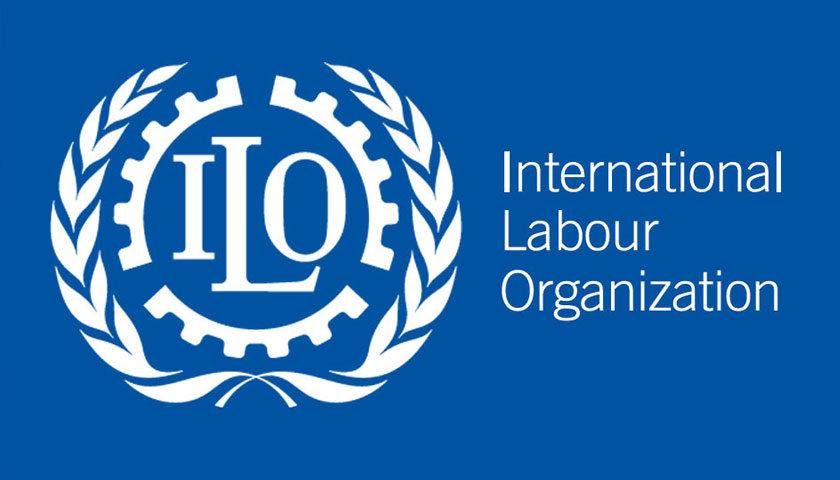The Committee of Experts on the Application of Conventions and Recommendations (CEACR), which is a cornerstone of the ILO‘s supervisory system on international labour standards, has published its annual report .
The report provides an independent expert analysis of the extent to which each ILO Member State’s law and practice are in conformity with ratified ILO Conventions. It outlines how Member States are fulfilling the obligations they have freely undertaken under the ILO Constitution in relation to international labour standards. It also provides a brief account of its interactive exchange with the Chairs of the UN bodies monitoring international human rights treaties to mark the 75th anniversary of the Universal Declaration of Human Rights and the ILO Freedom of Association and Protection of the Right to Organize Convention, 1949 (No. 87).
International labour standards, which are made up of Conventions, Protocols to Conventions, and Recommendations, are universal instruments adopted by the international community to advance social justice. They reflect common values and principles governing the world of work. Once a country has ratified an ILO Convention or Protocol, it is obliged to report regularly on the measures it has taken to implement it.
While ILO Member States can choose whether or not to ratify an ILO Convention or Protocol, the ILO supervisory system also regularly surveys the effect given to Recommendations and Conventions where they have not been ratified. At the end of February 2024, the Committee of Experts will publish such a General Survey entitled Labour Administration in a Changing World of Work.
The CEACR is an independent body composed of 20 high-level national and international legal experts, who are charged with examining the application of ILO Conventions, Protocols and Recommendations by ILO Member States. In 2023, the Committee achieved full gender parity.
The members of the Committee are appointed in their personal capacity and are independent and impartial. They are drawn from all regions of the world, so that the Committee has at its disposal first-hand experience of different legal, economic and social systems.
